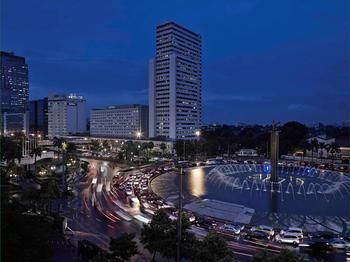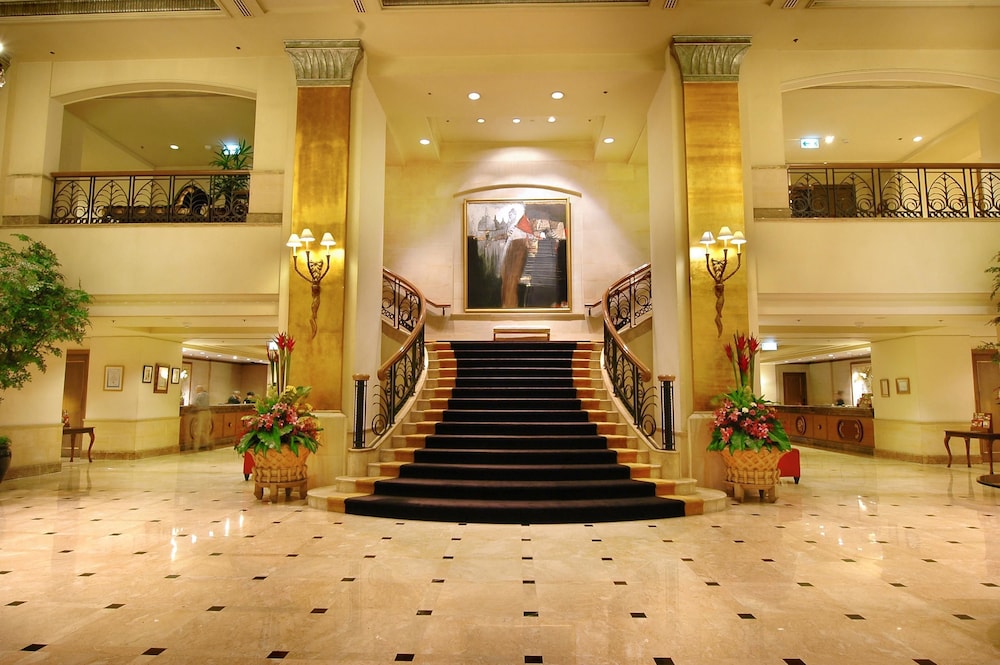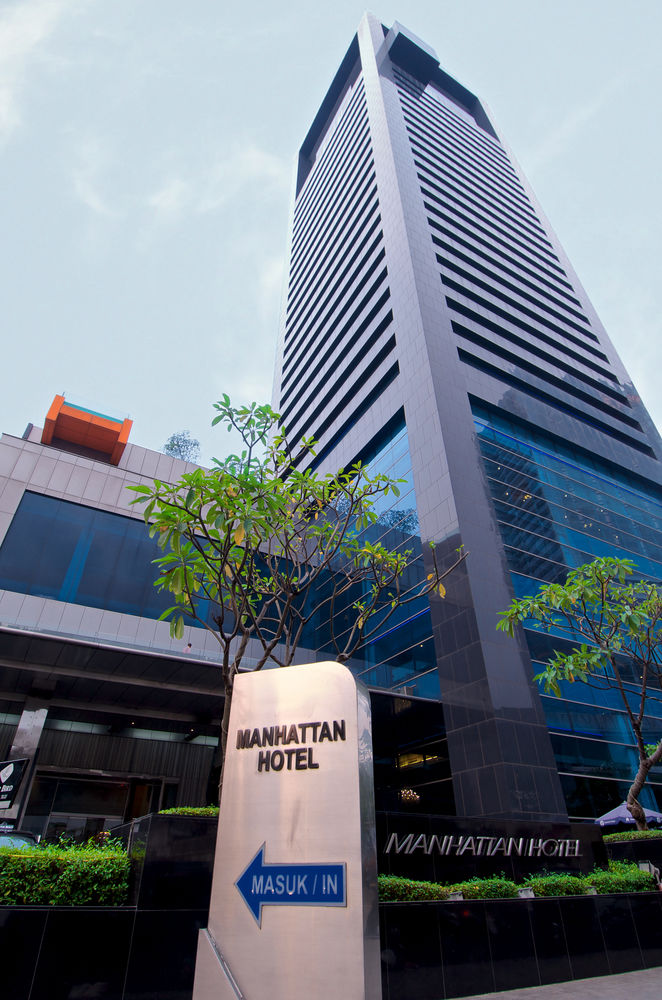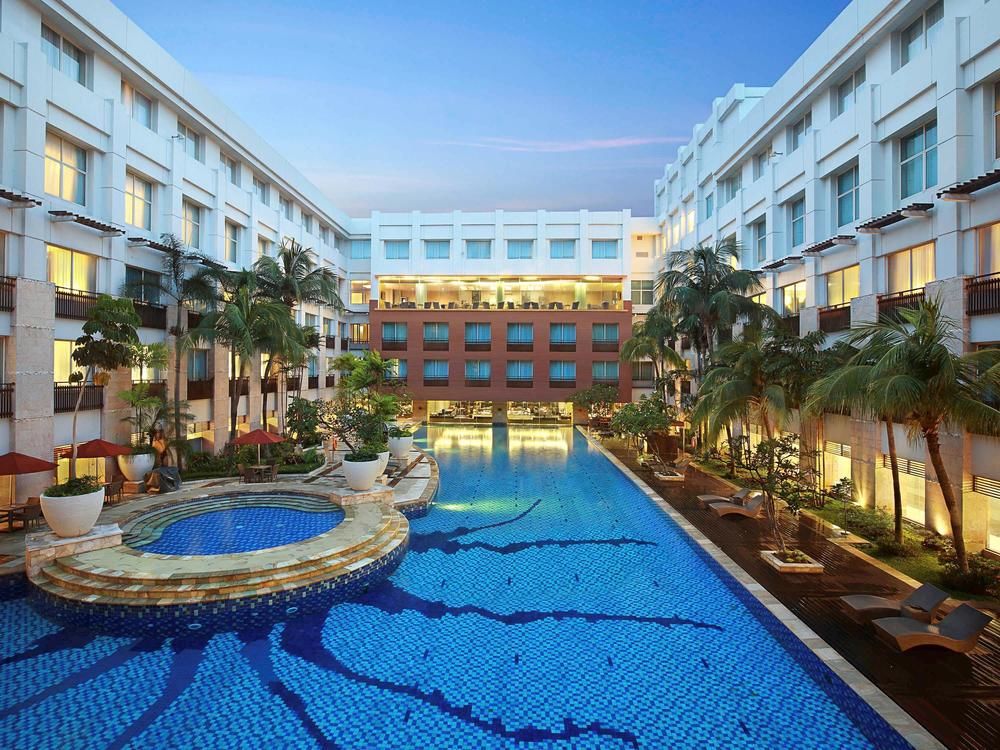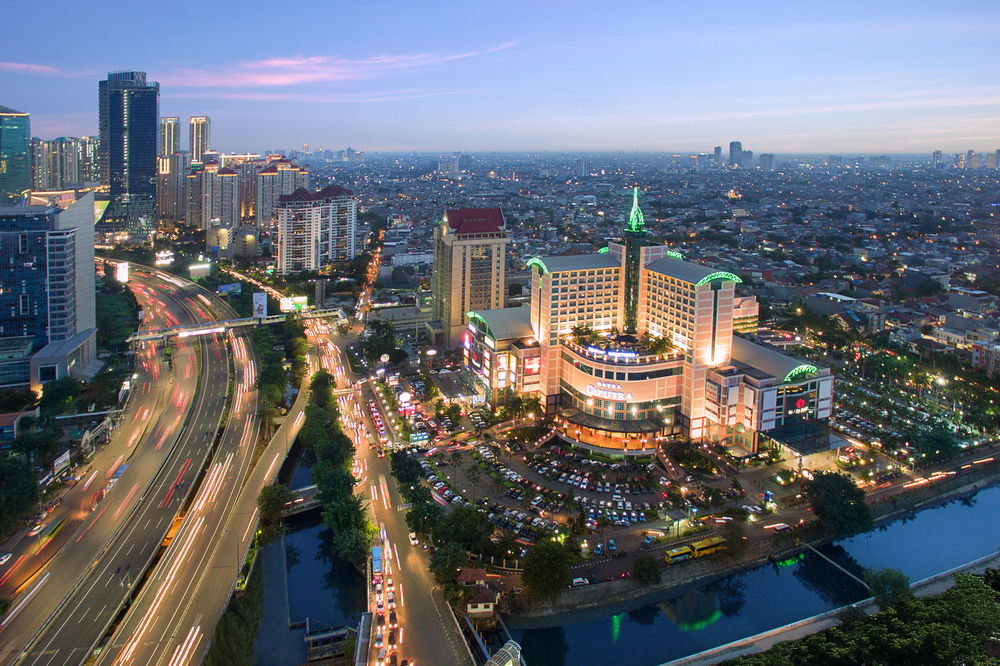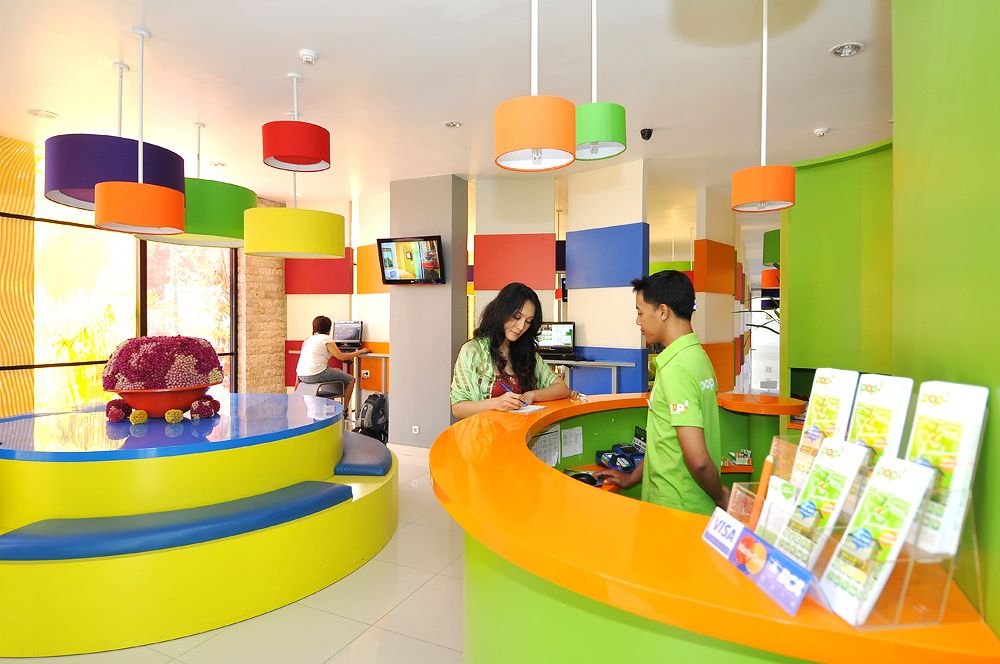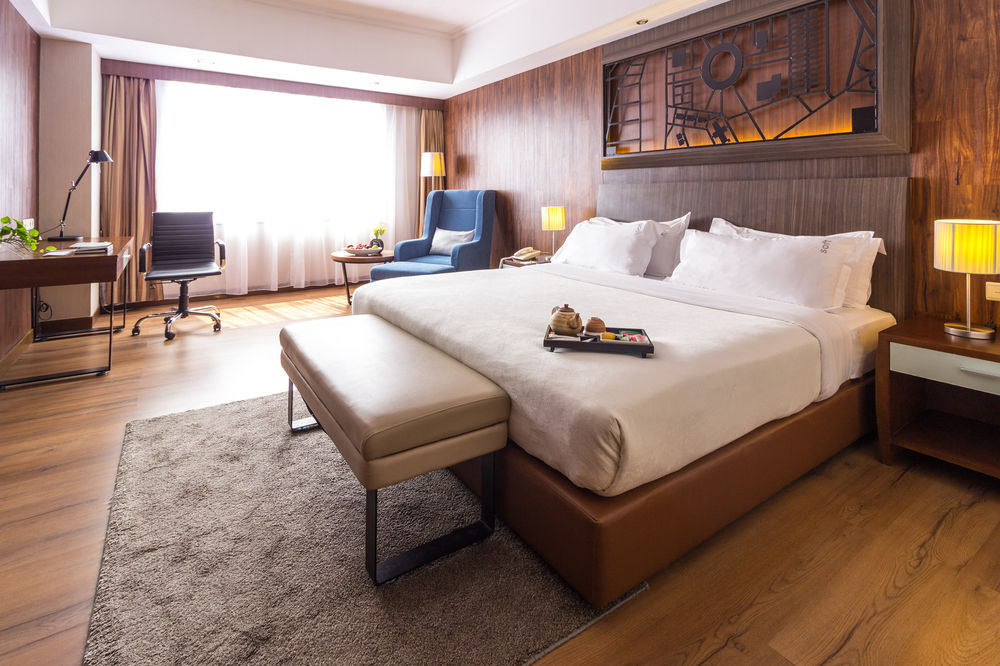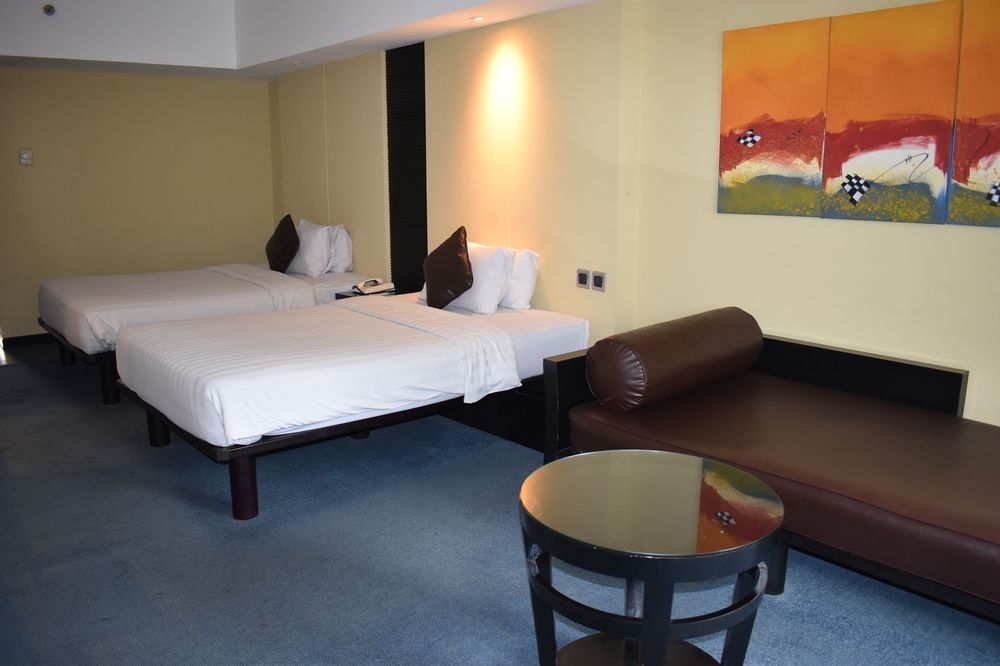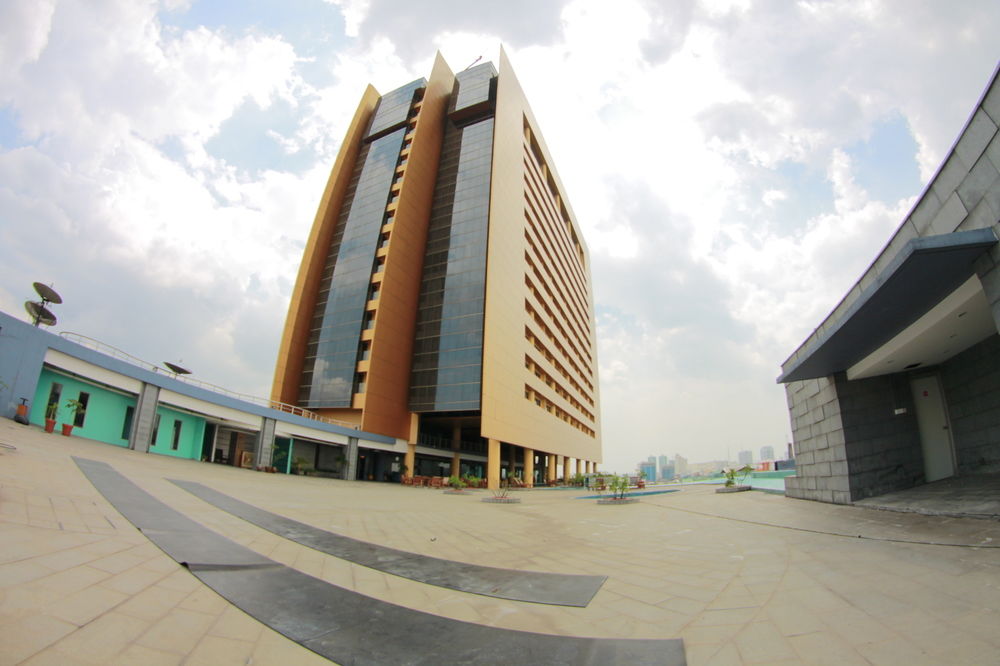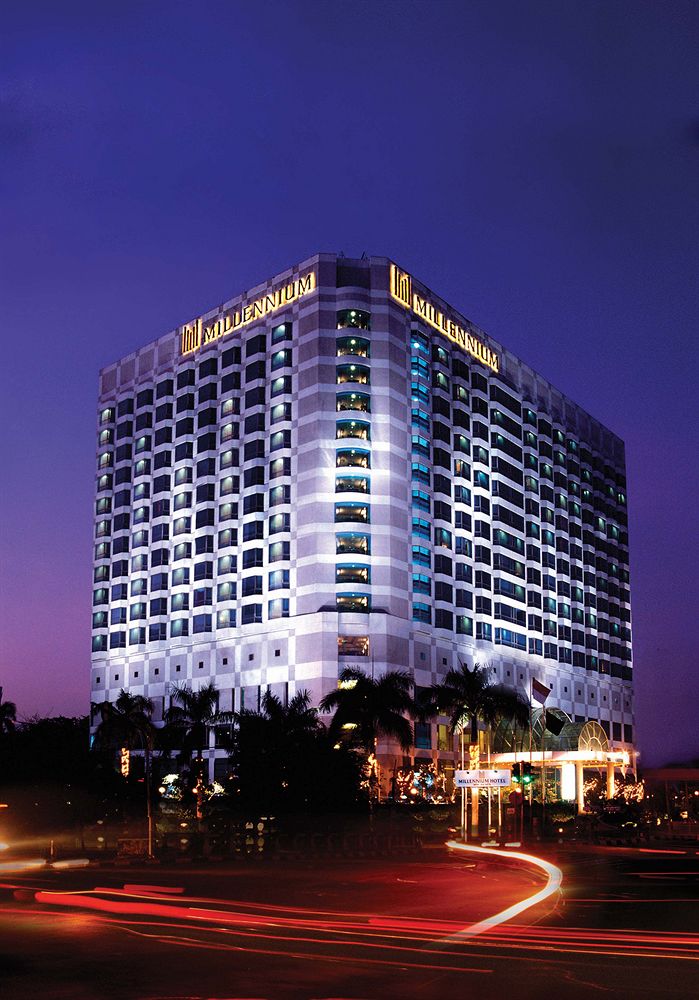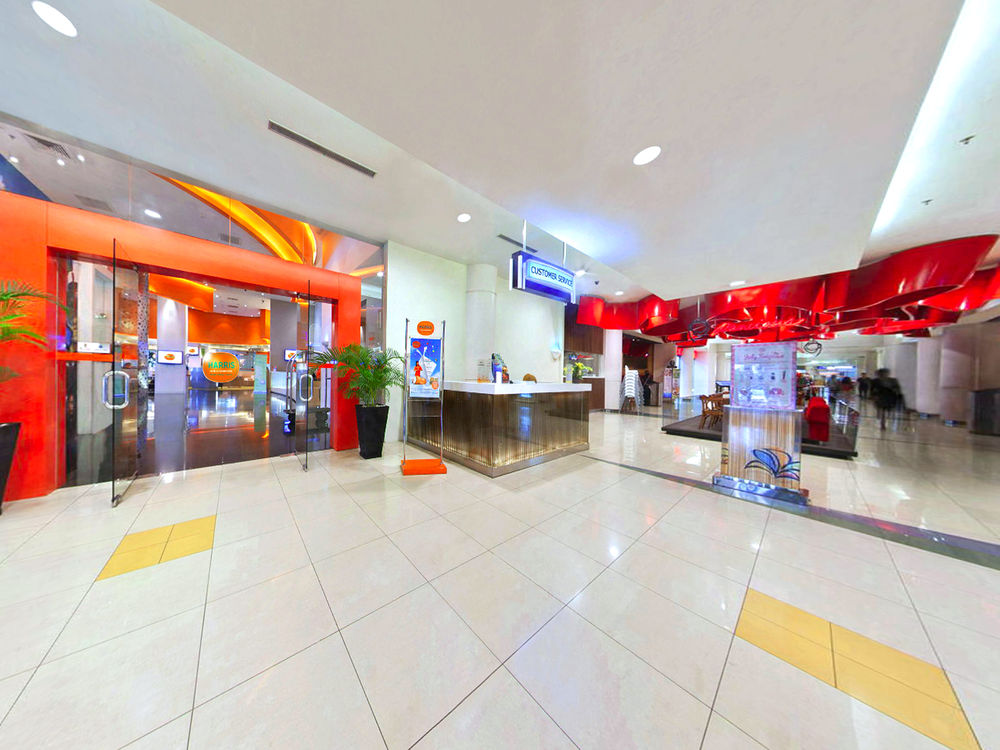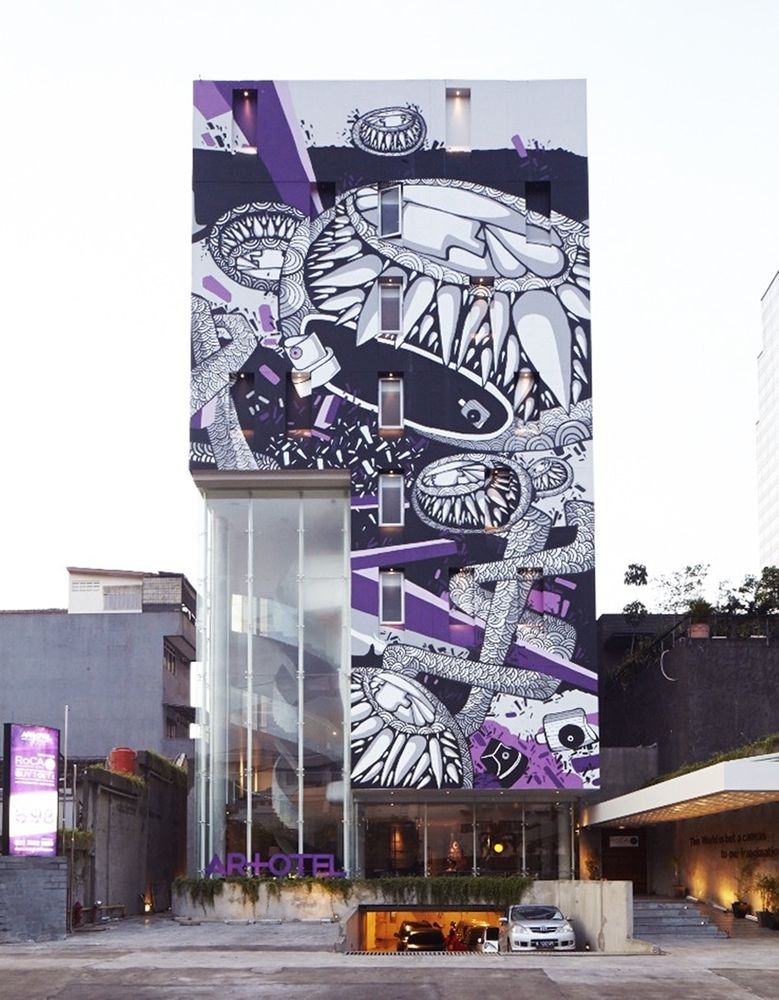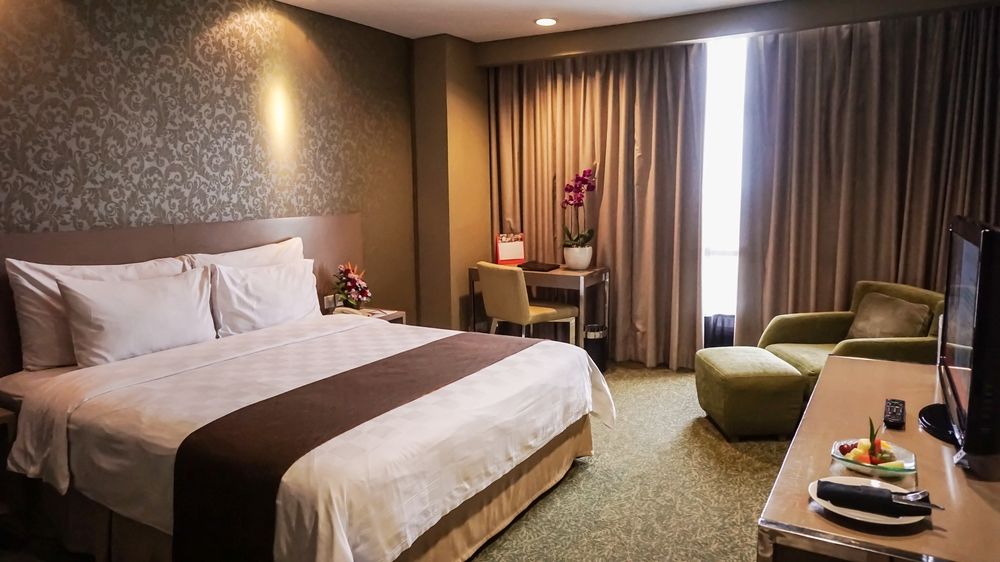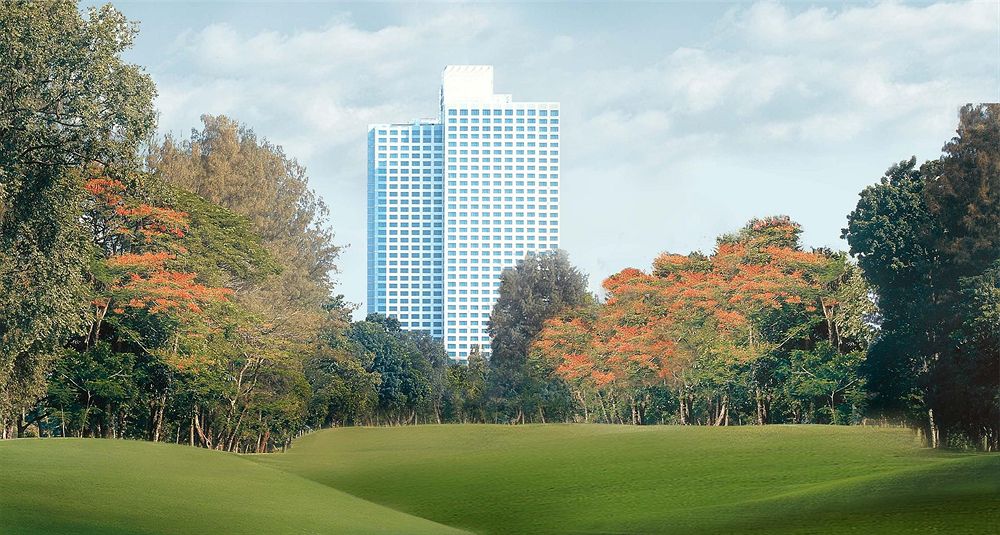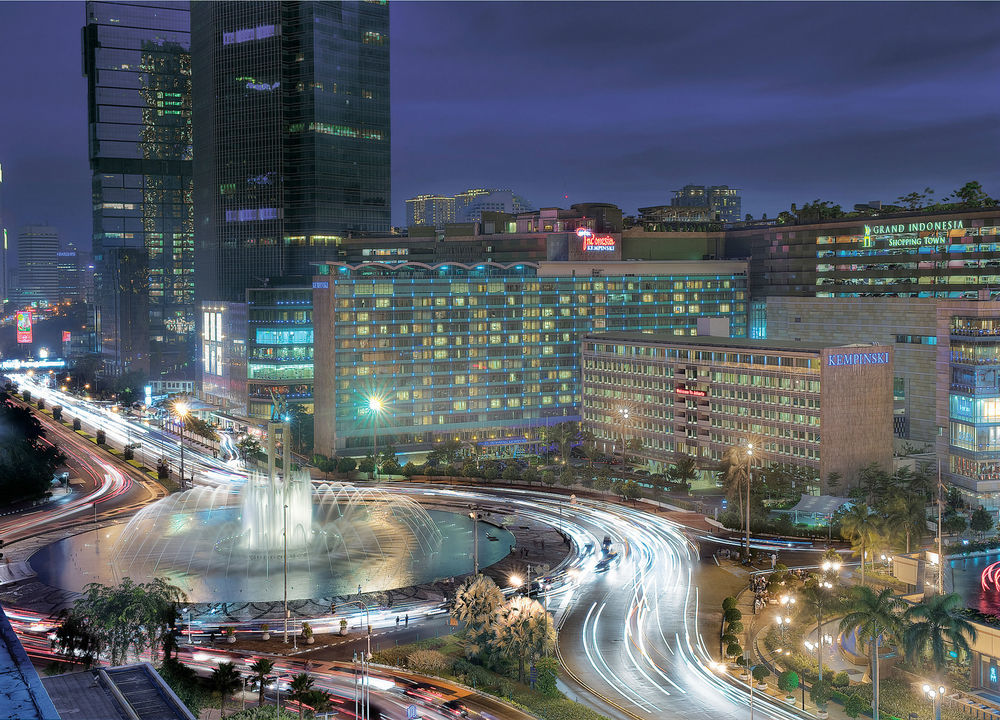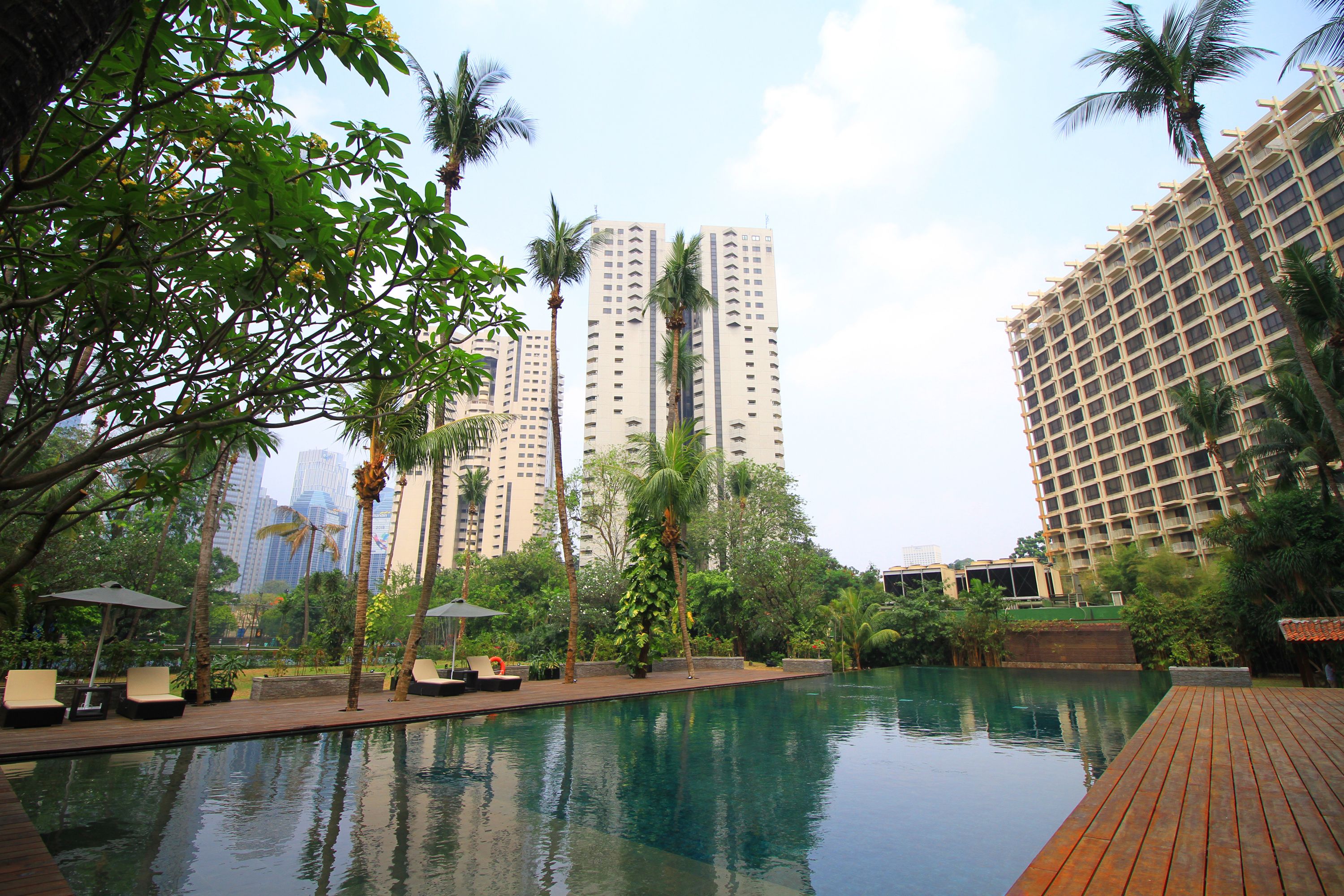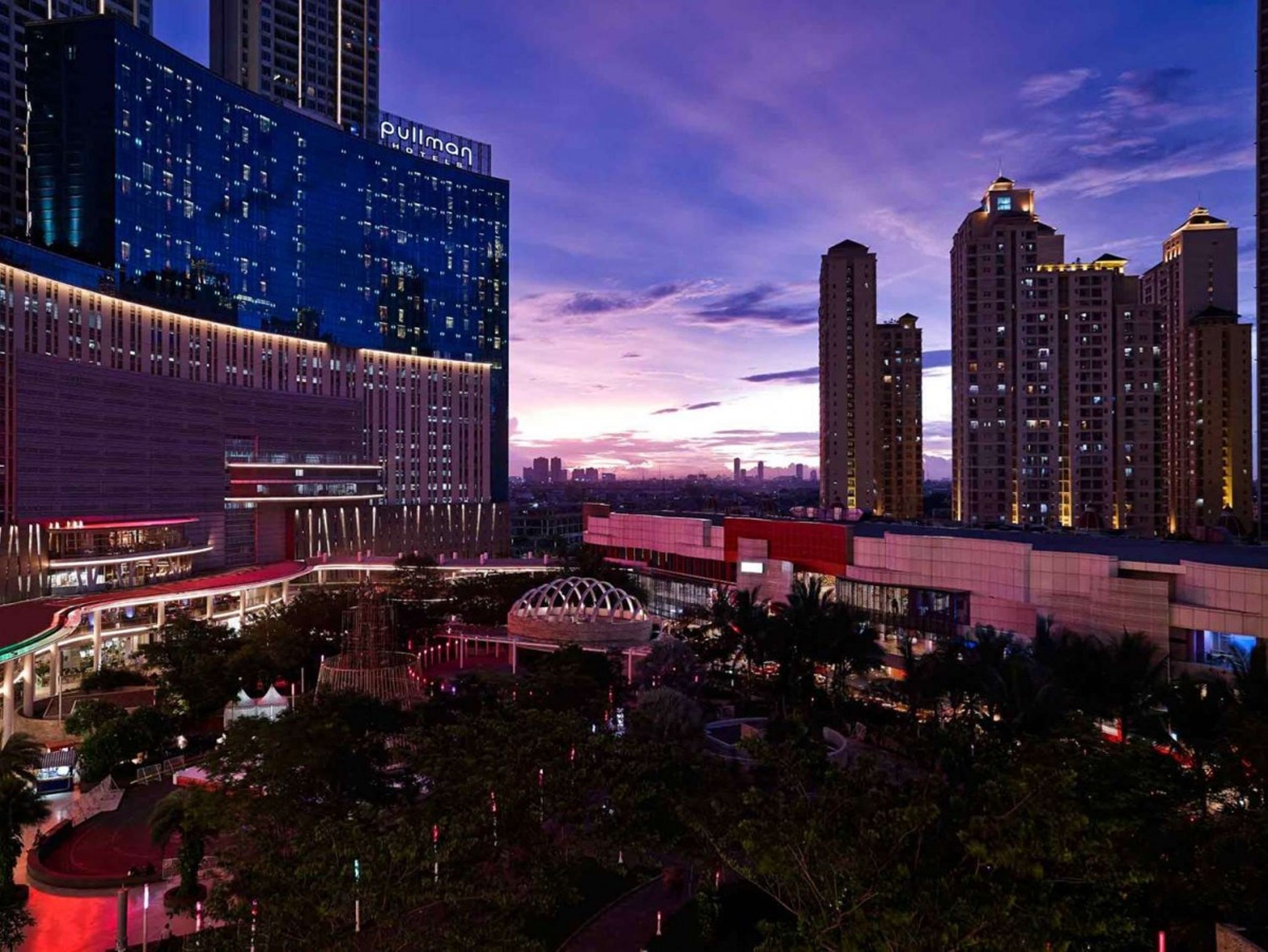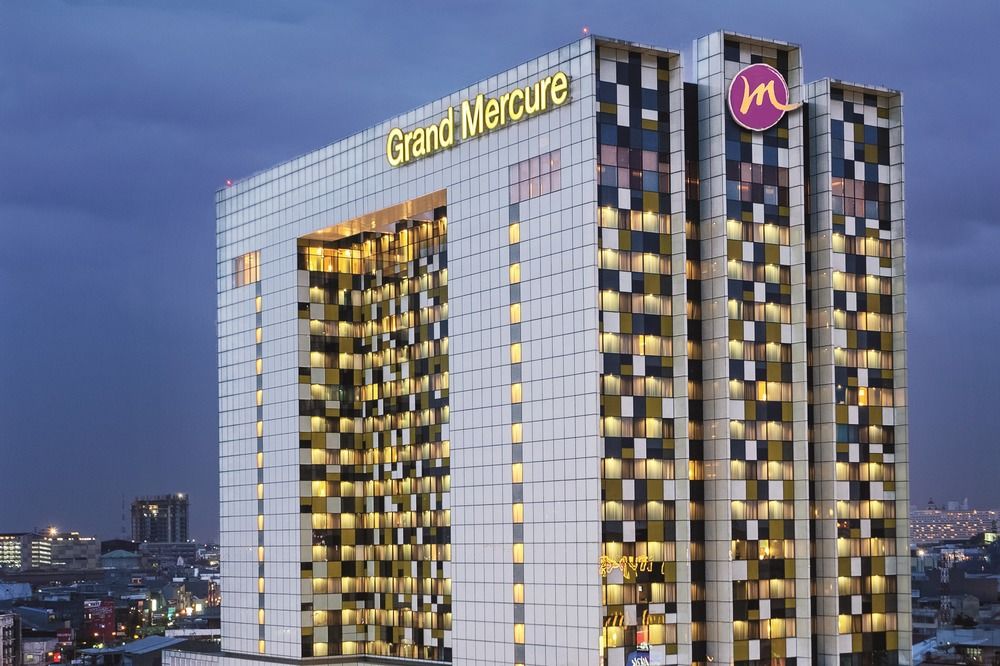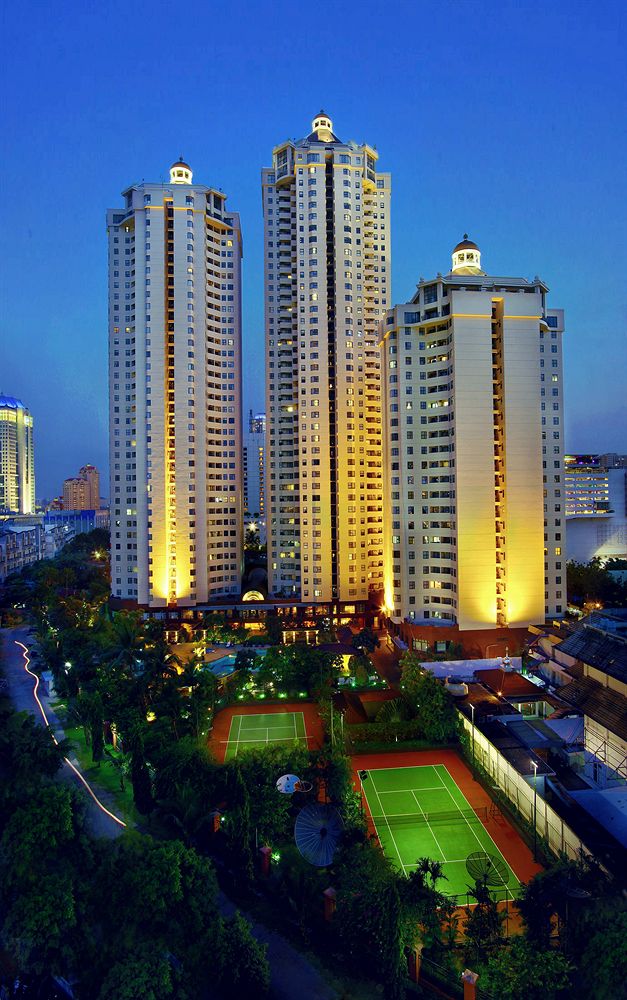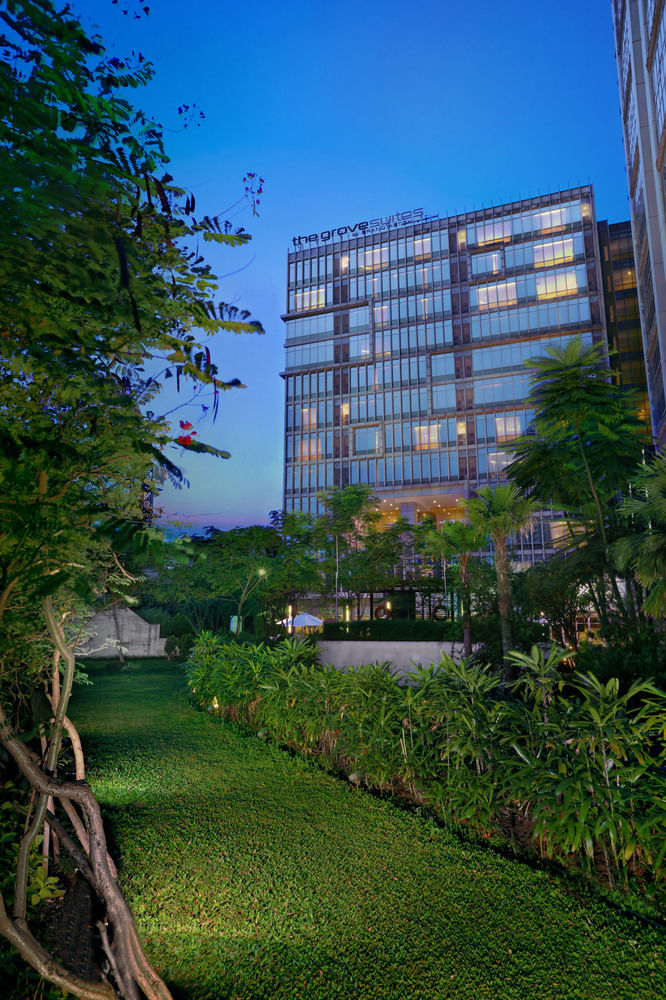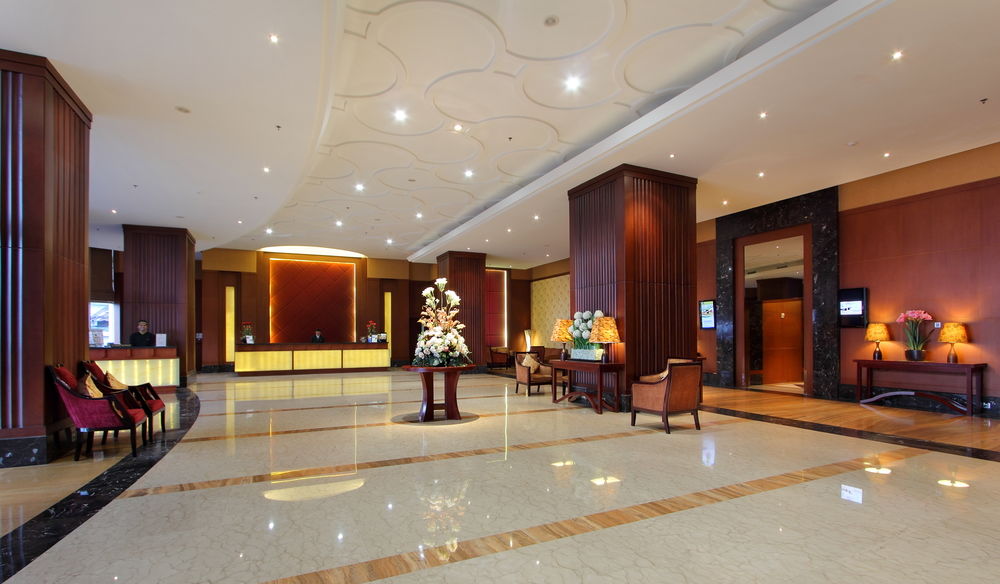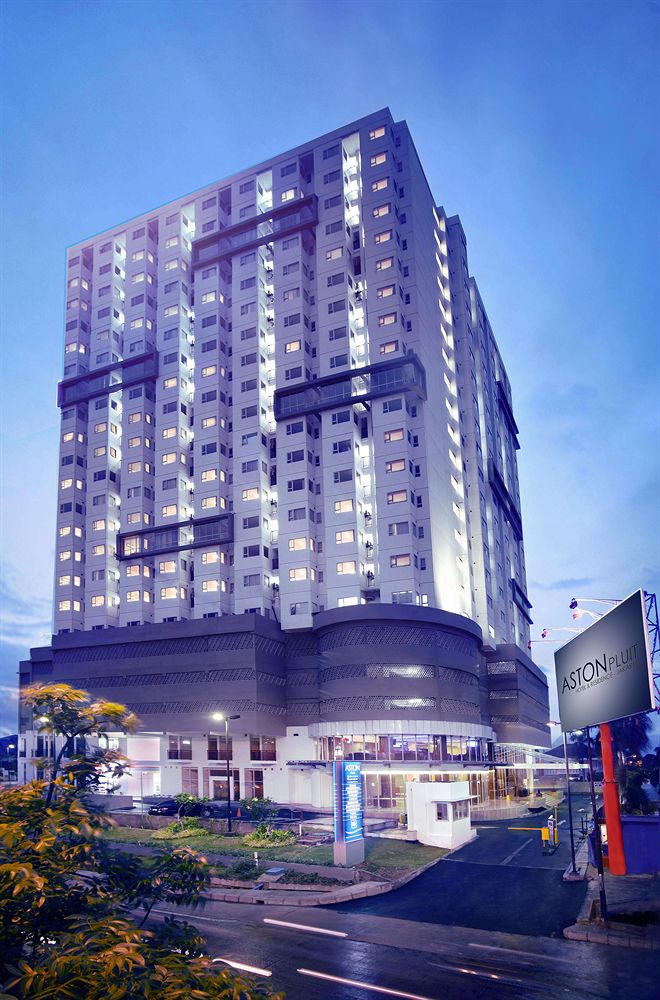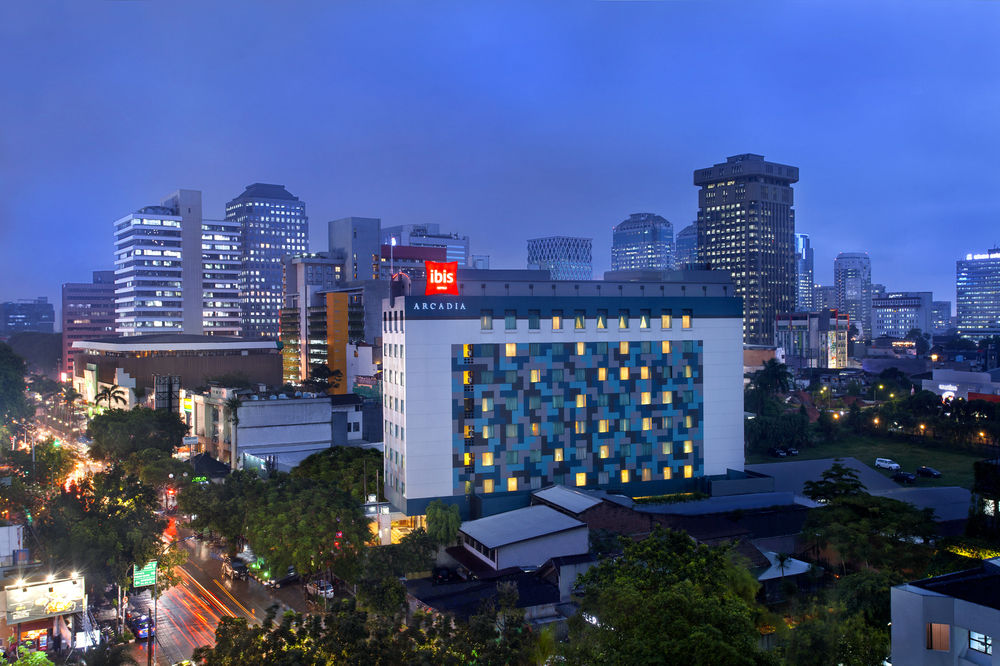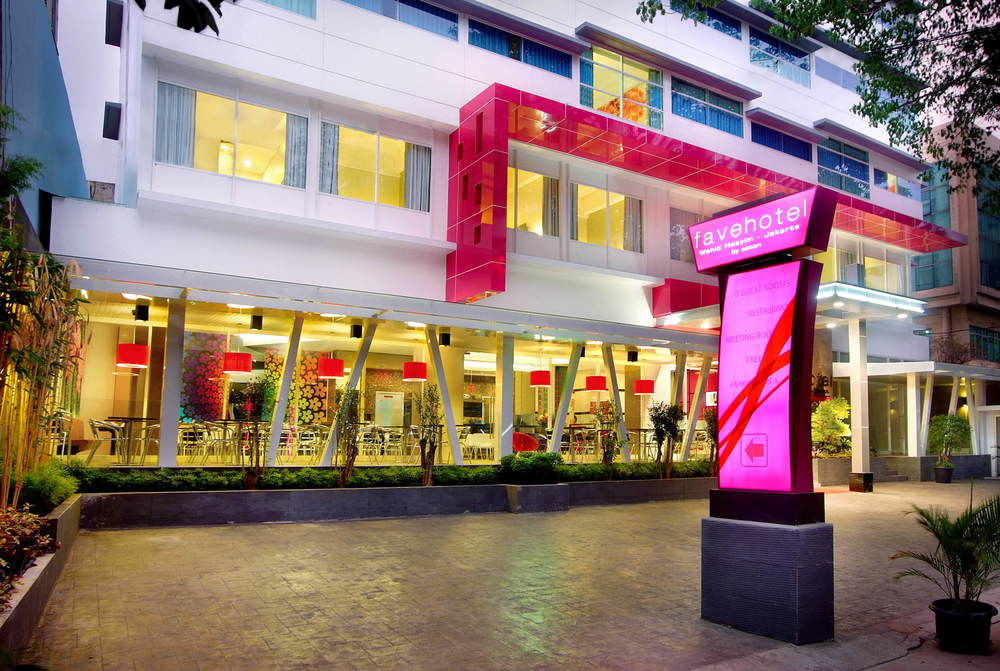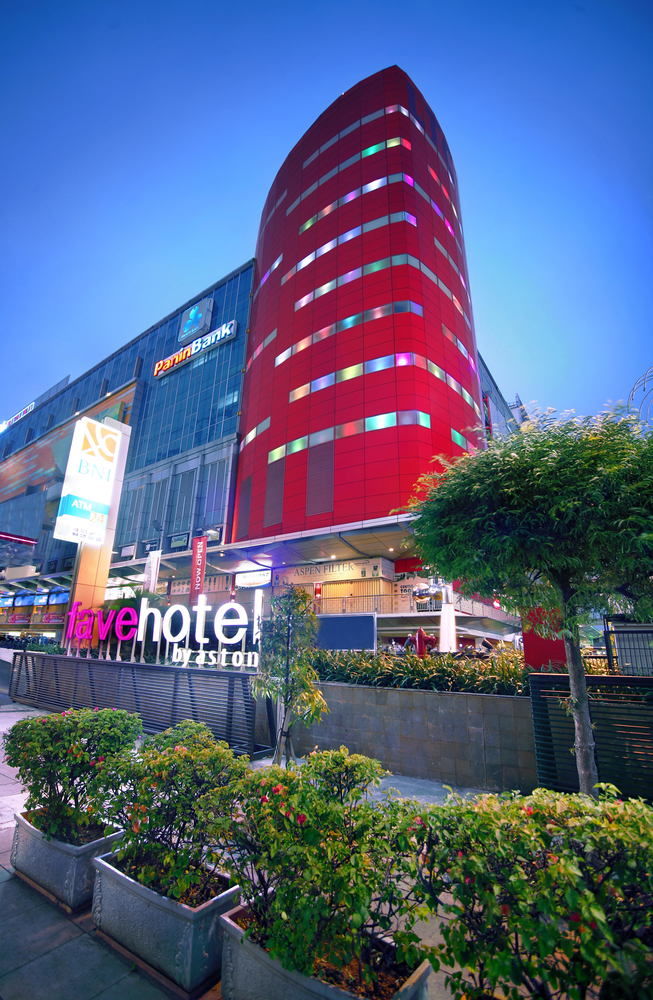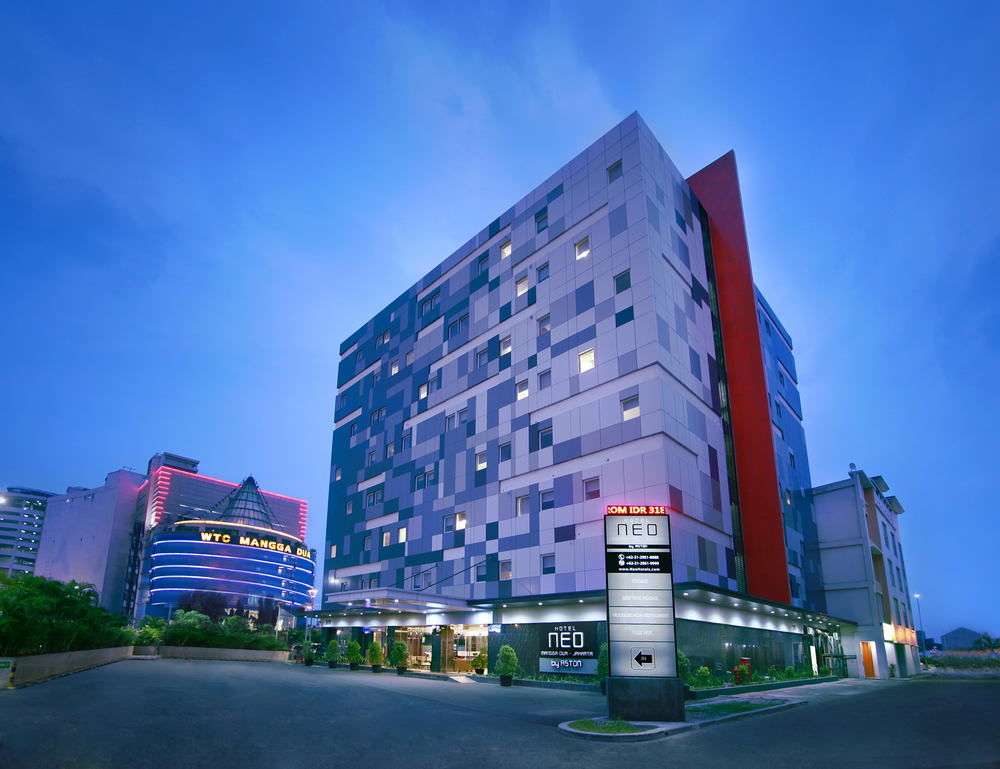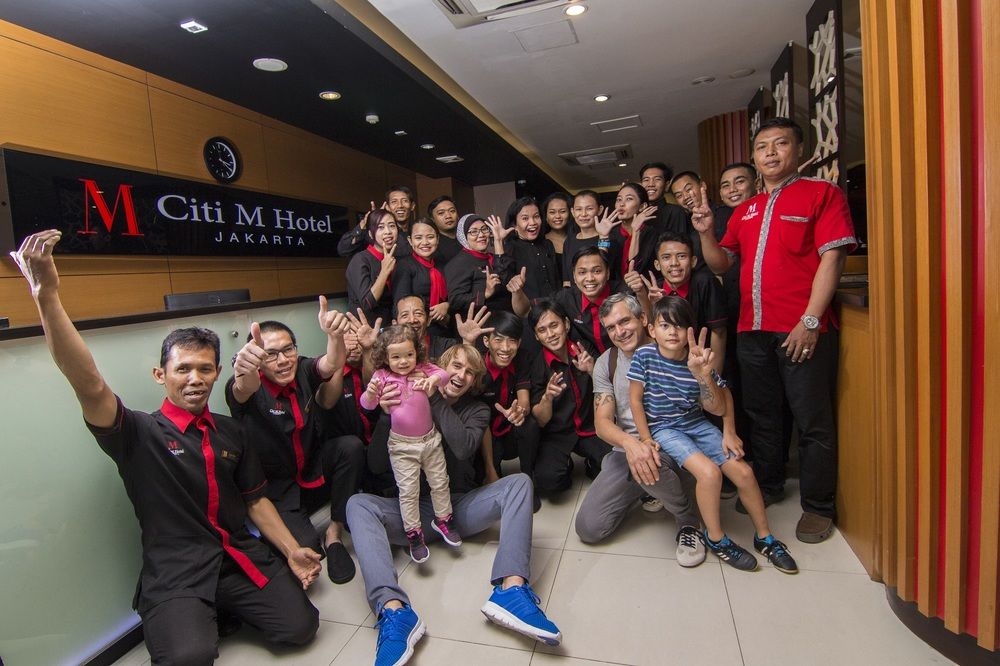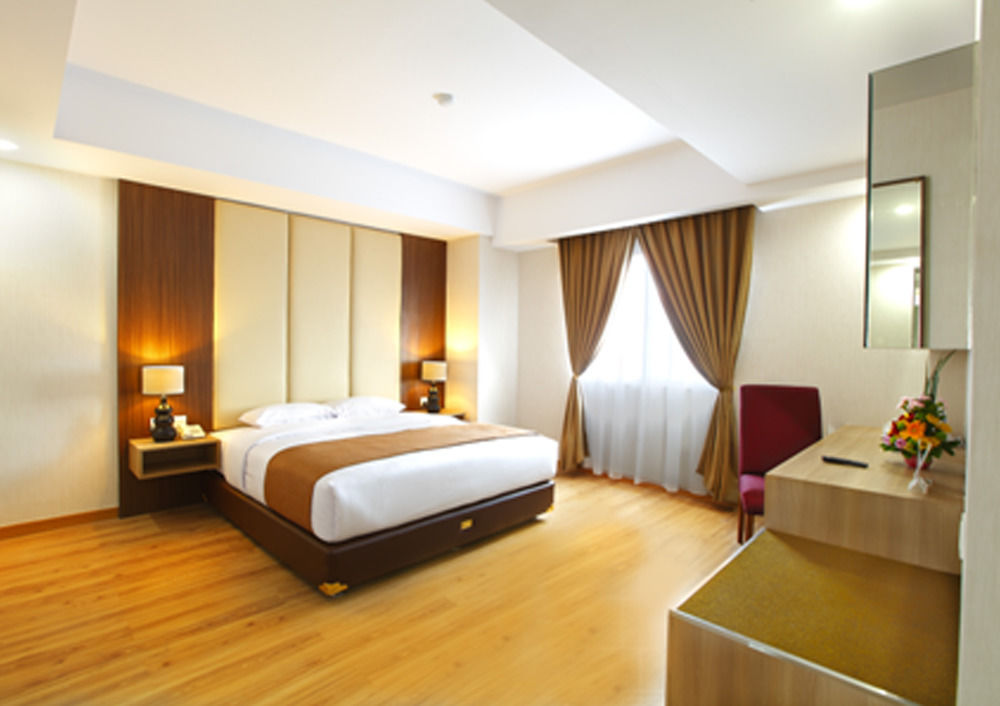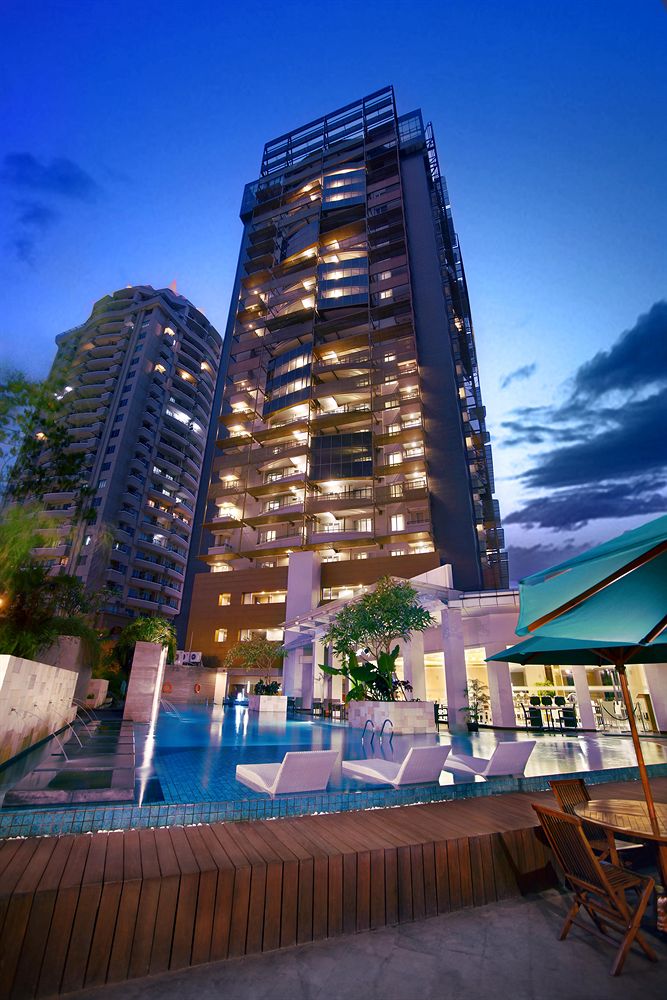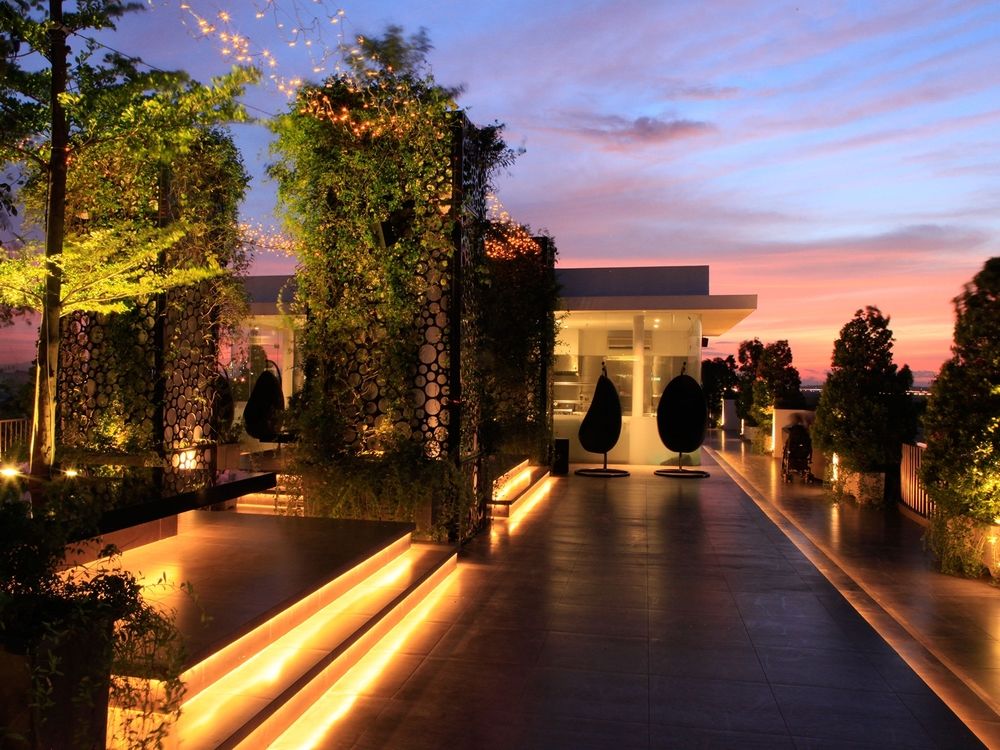
Find hotels in Jakarta
Lowest prices detected by AI for hotels
Best
Cheapest
Star Ratings
AI Recommended
Best Hotels In Jakarta
Cheapest Hotel Deals in Jakarta
Top Rated Hotels
5 Star Hotels in Jakarta
4 Star Hotels in Jakarta
3 Star Hotels in Jakarta
AI-recommended Destinations
Where to stay in Jakarta
More About Jakarta
“Big Durian”
Jakarta (; Indonesian pronunciation: [dʒaˈkarta]), officially the Special Capital Region of Jakarta (Indonesian: Daerah Khusus Ibu Kota Jakarta), is the capital and largest city of Indonesia. Located on the northwest coast of the world's most populous island Java, it is the centre of economics, culture and politics of Indonesia, with a population of 10,075,310 as of 2014. The Greater Jakarta metropolitan area has an area of 6,392 square kilometers, which is known as Jabodetabek (an acronym of Jakarta, Bogor, Depok, Tangerang and Bekasi), is the world's second largest urban agglomeration after Tokyo with a population of 30,214,303 as of 2010 census. Jakarta is predicted to reach 35.6 million people by 2030 to become the biggest megacity in the world.Jakarta's business opportunities, as well as its potential to offer a higher standard of living, attract migrants from all over the Indonesian archipelago, making it a melting pot of many communities and cultures. Jakarta is officially a province with special capital region status, but is commonly referred to as a city. The Jakarta provincial government consists of five administrative cities and one administrative regency.
Established in the 4th century as Sunda Kelapa, the city became an important trading port for the Sunda Kingdom. It was the de facto capital of the Dutch East Indies, and was known as Batavia at that time. It is currently the seat of the ASEAN Secretariat and other important financial institutions such as the Bank of Indonesia, the Indonesia Stock Exchange, and the corporate headquarters of numerous Indonesian companies and multinational corporations. As of 2017, six Forbes Global 2000 companies have headquarters in the city. The city is also home for two Fortune 500 and four Unicorn companies. Jakarta is listed as an Alpha Global City by the Globalization and World Cities Research Network (GaWC). Based on the global metro monitor by the Brookings Institution in 2014, the city's GDP was estimated at U
 Time UTC+07
Time UTC+07 Currency IDR
Currency IDR Languages BahasaIndonesia, English, Dutch, Javanese
Languages BahasaIndonesia, English, Dutch, JavaneseWhat’s Special about Staypia?
Compare hotel prices in real-time
AI finds you the lowest price for hotels in Jakarta.
Lowest price for 3.16M hotels worldwide
Book with up to 31% extra discounts only for Staypia members.
Travel bucket list for Jakarta
Plan your trip with over 17K 'must see' recommendations for Jakarta
Frequently Asked Questions
The best hotels in Jakarta are FM7 Resort Hotel - Jakarta Airport, Pullman Jakarta Indonesia, Hotel Borobudur Jakarta Jakarta.
The best 5 star hotels in Jakarta are Pullman Jakarta Indonesia, Hotel Borobudur Jakarta Jakarta, Manhattan Hotel Jakarta. Search for the most highly rated hotels in Jakarta
The most highly rated hotels in Jakarta are FM7 Resort Hotel - Jakarta Airport, Millennium Hotel Sirih Jakarta, HARRIS Hotel & Conventions Kelapa Gading.
Generally, room reservations are subject to a free refund until the cancellation deadline. Fees may apply after the cancellation deadline, so please check the cancellation deadline on your hotel voucher or in Menu > My Reservation.
If you’re a frequent traveler, Staypia is the best place to get the best hotel deals. You can book hotels with the lowest price of 3.16 million hotels collected by AI, and receive additional discounts for members only.
